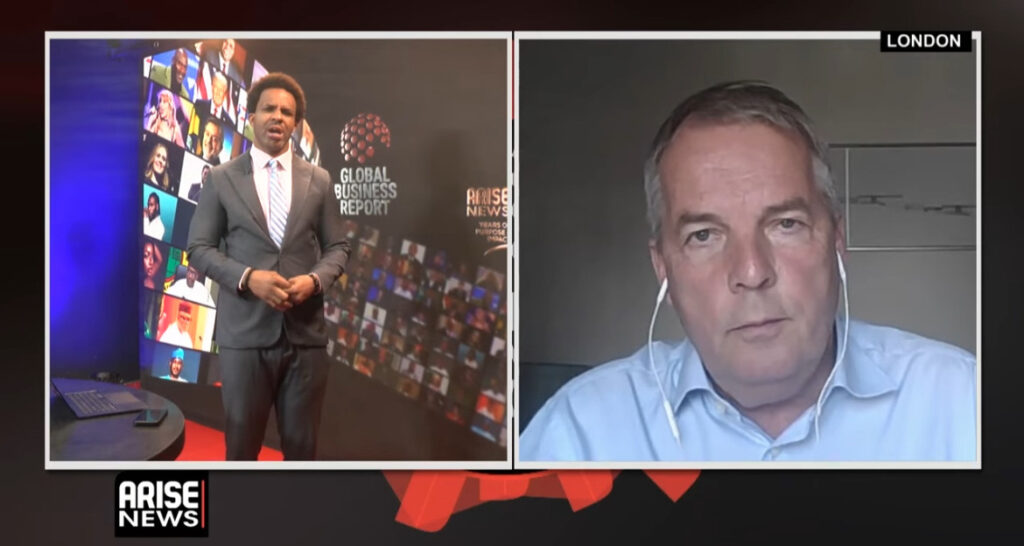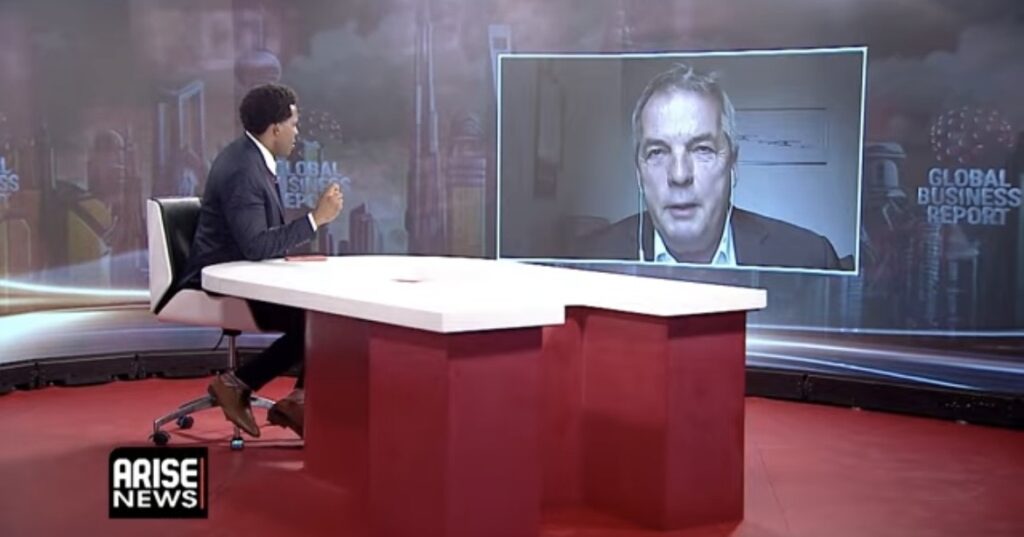Christof Rühl, Senior Research Scholar at Columbia Center on Global Energy Policy and Advisor at Crystol Energy, spoke with Rotus Oddiri on Arise News’ Global Business Report about how Israel’s strike on Iran could cascade through energy markets and global monetary policy. Rühl stressed that the initial oil-price spike reflected uncertainty; whether prices remain high now hinges on the conflict’s next moves, especially around the Strait of Hormuz.

Key highlights:
Oil prices will remain elevated only if export terminals, pipelines, or tankers are damaged or if the Strait of Hormuz is closed, cutting several million barrels per day from global supply.
Global oil supplies remain comfortable for the moment given the acceleration in reversing voluntary cuts by OPEC+, and weak global demand growth for oil.
OPEC+ producers opened the taps to offset chronic non-compliance by key members (such as Iraq and Kazakhstan), to hedge against potential tighter United States sanctions/escalations after after Trump’s visit to the Middle East, and to maximize oil market share before demand plateaus; all three drivers have already materialized.
About 20 million barrels per day, roughly one fifth of global output, move through the Strait of Hormuz, so any blockade would overwhelm strategic reserves and force longer, costlier shipping routes.
A sustained rise in crude oil prices would lift prices at the pump, squeeze consumers, and raise recession risk, leaving central banks caught between containing headline inflation and supporting growth once supply normalizes.
Related Analysis
“Oil markets: Relative stability amid geopolitical strife“, Dr Carole Nakhle, Feb 2024
Related Comments
“Trump tariffs: Concern grows over falling oil prices“, Dr Carole Nakhle, Apr 2025
“Experts warn of trade tensions on oil demand“, Dr Carole Nakhle, Apr 2025








